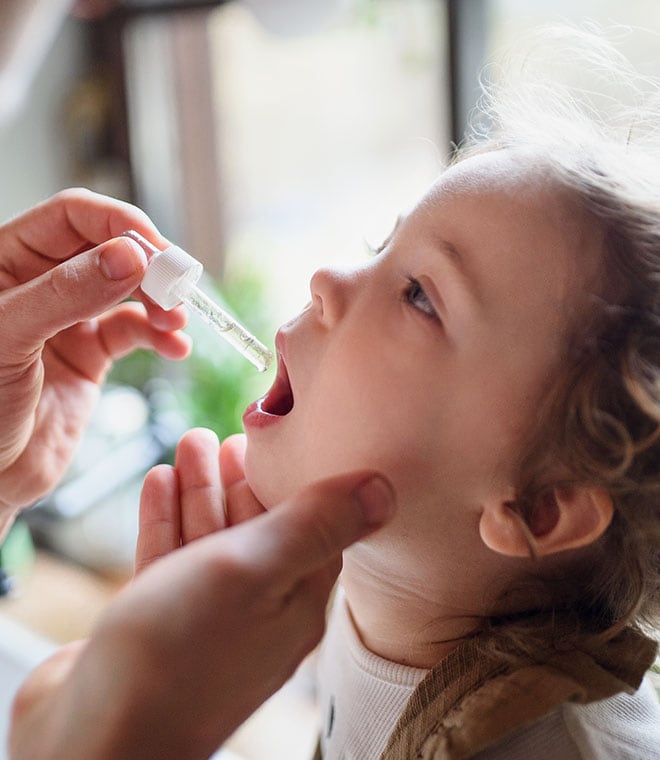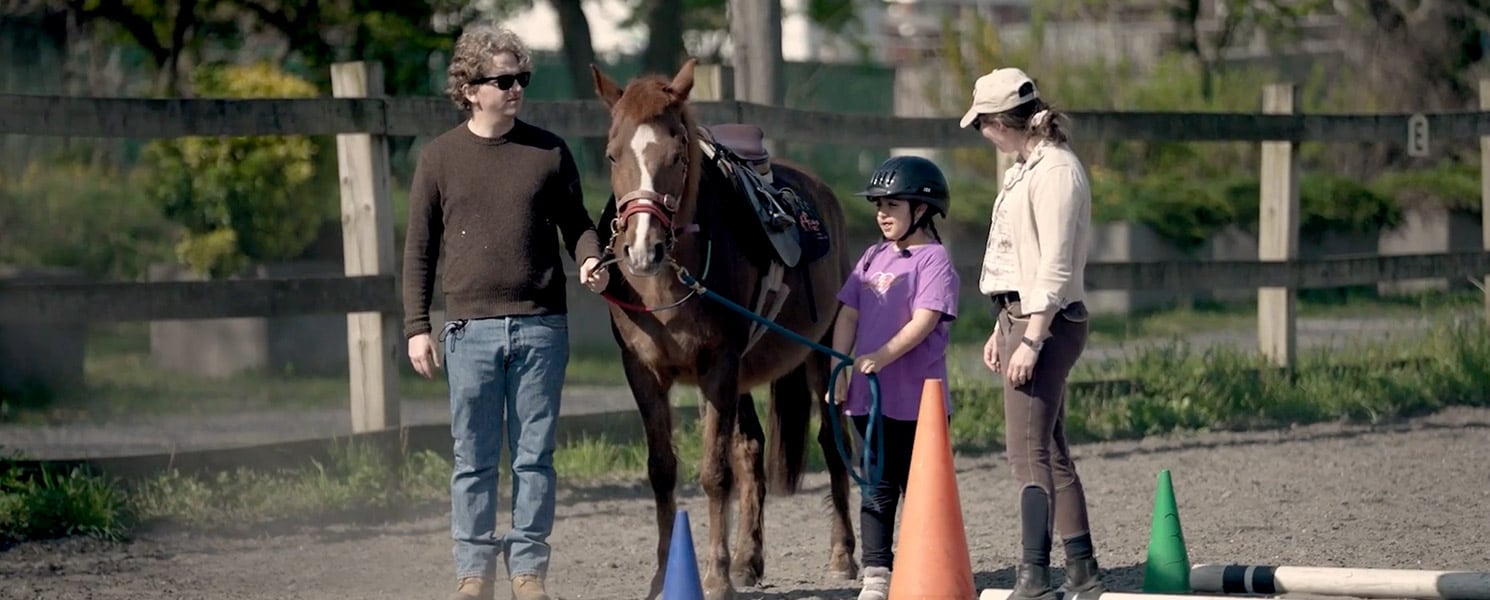Health
Helpful breastfeeding tips for nursing mothers
By Ruben J. Rucoba, MD Oct 22, 2024 • 10 min
Breastfeeding may seem like the most natural thing in the world, but for many women, it doesn't come easily. It can even be a source of frustration and anxiety. Every mother wants to do what's right for her baby, and breastfeeding is one of the best ways to nourish and protect your newborn. Learning more about breastfeeding can help make the process easier for you and your infant.
Breastfeeding vs. formula
There are many benefits of breastfeeding. Multiple studies have shown that breast milk is the best food for your newborn, offering a range of advantages when compared to current formula. Proven benefits to children include a lower risk of obesity, asthma, type 1 diabetes, ear infections, vomiting, diarrhea and sudden infant death syndrome.
In addition to the benefits for babies, there are a number of potential benefits to the mother that come from breastfeeding, including:
- Quicker recovery from pregnancy, as breastfeeding releases hormones that contract the uterus and reduce postpartum bleeding. Women who breastfeed usually return to their pre-pregnancy weight more quickly.
- Reduced lifetime risk of ovarian cancer, breast cancer, type 2 diabetes, high blood pressure, rheumatoid arthritis and high cholesterol.
- Many mothers report a unique, emotionally fulfilling bonding experience when they breastfeed their infant.
Two additional benefits of breastfeeding are convenience and cost. Formula purchases can add up over time. And when you want to pick up and go, formula feeding requires preparation and mixing of formula.
How long should you breastfeed?
When to discontinue breastfeeding is a personal decision. The American Academy of Pediatrics (AAP) recommends exclusively breastfeeding your infant for six months and continuing to breastfeed until the baby is at least 12 months old, even after introducing solid foods. The World Health Organization (WHO) recommends continuing to breastfeed for two years or longer.
Basics of breastfeeding
Although it may seem straightforward, there's a lot that goes into making breastfeeding a success. One good tip is to get professional help. Talk to a lactation consultant, a health professional who is trained to make your breastfeeding journey much easier. Don't be afraid to ask for help right after you deliver your baby.
One of the most important steps to breastfeeding is to start immediately. As soon as the baby is born, ask for them to be put on your chest, in a skin-to-skin position, and begin to nurse. Your newborn won't take much, but this will help both of you get started.
The key to success is getting a good breastfeeding latch, meaning your baby's mouth is sucking on the nipple and getting milk out effectively. There are different breastfeeding positions that can accomplish this, but the most common is the cradle position or the tummy-to-tummy position, with the baby facing the breast. The baby's mouth should take both the nipple and some of the areola.
Support your breast with your hand during the feeding. Position your fingers way back behind the areola, and make sure you aren't pushing inward on your breast. If you are in the right position and the baby is in the right latch, you should feel a breastfeeding let-down—the feeling that your milk is ready to flow. You may feel a tingle in your breast as you start to breastfeed, and you may leak some milk from the other breast as well.
Breastfeeding accessories
You don't need much to breastfeed, but some women find the following breastfeeding accessories to be helpful:
- A breastfeeding bra with cups that fold down easily
- A breastfeeding pillow may help you and your baby feel more comfortable
- A light breastfeeding cover you can place over the baby for privacy when out in public
- Nursing pads inside your bra can help protect your clothes from leaked breast milk
What should you eat (and avoid eating) while you breastfeed?
Breastfeeding women need to take in 340 to 400 extra calories per day than they did before pregnancy. The number of additional calories varies for a breastfeeding woman due to factors, such as age, body mass index, activity level and whether she is exclusively breastfeeding or supplementing with formula feeding. The best diet is balanced with plenty of protein and calcium. Be sure to get four servings of milk or dairy products each day, and ask your healthcare provider about a calcium supplement if you can't get enough calcium in your diet. Hydrate throughout the day and continue to take your prenatal vitamins.
There may be foods to avoid while breastfeeding, but they are different for every baby. Watch your baby closely, and if you notice them having trouble when you eat certain foods, limit or avoid those foods. Common foods that may cause gassiness, fussiness, or colic can include beans, broccoli and cauliflower. Some foods in your diet, such as soy, wheat, and seafood, may cause your baby to have allergy symptoms, such as a rash. Contact your baby's pediatrician if you see symptoms of sensitivities or allergies like a rash or gastrointestinal issues. If your baby ever has more serious problems with breathing after breastfeeding, seek emergency medical care immediately.
Lots of moms wonder about caffeine and breastfeeding. It's generally safe for most women to consume some caffeine while breastfeeding, but caffeine intake should be limited to two cups of caffeinated beverages (coffee, tea or soda) per day.
Can you drink while breastfeeding?
In general, it’s recommended that women avoid alcohol while breastfeeding. But if you do, it’s best to avoid alcohol within four hours of a feeding and set a limit of two drinks per week.
Some common problems while breastfeeding
Two of the most common problems while breastfeeding are cracked nipples and sore nipples. These issues are usually the result of a poor latch. It's better to prevent sore nipples rather than treat them. Here are some tips that can help:
If you have nipple pain during breastfeeding, the latch is probably not adequate. Bring your baby closer to you, and make sure the mouth covers your nipple and as much of your areola as possible. You shouldn't hear any sucking or clicking sounds.
- After feeding, leave the flaps of your breastfeeding bra down and let your nipples air-dry; don't rub the milk off.
- After drying, apply nipple cream (some contain lanolin) to your nipples. Wipe the cream off before the next feeding.
- Each time you feed, offer your baby the less sore of the two nipples first. Your baby's suck may get less powerful as the feeding goes on.
- Change positions with each feeding (if you used a cradle position, try the football position next, for example).
- Avoid using bra pads lined with plastic, as these may trap moisture in your nipple and worsen the situation.
Another common breastfeeding problem is flat or inverted nipples. The use of a nipple shield may help with this problem. A lactation consultant can help demonstrate how best to use one.
Can you take cold medicine while breastfeeding?
Most over-the-counter cold medicines are considered safe to take while breastfeeding, but they may dry up your milk supply somewhat. If you need to take over-the-counter or prescription medicine, it's important to review all medications with your healthcare provider, to ensure their safety.
Can you take ibuprofen while breastfeeding?
It’s generally considered safe to take ibuprofen and acetaminophen while breastfeeding.
Is breastfeeding while on birth control safe?
It’s generally safe for most women to take hormonal birth control (pills, the shot or implants) while breastfeeding, but you may be advised to wait until three to six weeks after giving birth to make sure your milk supply is established.
Can you get pregnant while breastfeeding?
Yes, you can get pregnant while breastfeeding. Although breastfeeding does prevent ovulation in some women, it is not a reliable form of birth control, and women can and do get pregnant while breastfeeding. Make sure you are using some form of contraception while breastfeeding if you want to prevent pregnancy.
While it can present many challenges, breastfeeding can offer a number of benefits to both mom and baby. Consult with your healthcare provider or a lactation consultant if you have any questions or concerns during the process.
Updated by Julie McDaniel, MSN, RN, CRNI, October 2024.
Sources:
- https://www.cdc.gov/breastfeeding/features/breastfeeding-benefits.html
- https://wicbreastfeeding.fns.usda.gov/breastfeeding-benefits
- https://www.healthychildren.org/English/ages-stages/baby/breastfeeding/Pages/Common-Myths-About-Breastfeeding.aspx
- https://www.healthywomen.org/content/article/breastfeeding-tips-new-moms
- https://www.chop.edu/pages/breastfeeding-tips-beginners
- https://familydoctor.org/breastfeeding-hints-to-help-you-get-off-to-a-good-start
- https://health.clevelandclinic.org/breastfeeding-safe-medications
- https://www.healthychildren.org/English/ages-stages/baby/breastfeeding/Pages/Breastmilk-And-Your-Diet.aspx
- https://lactationmatters.org/2014/09/10/incorporating-new-research-in-your-practice-guest-post-by-sue-cox-ibclc
- https://www.plannedparenthood.org/learn/birth-control/breastfeeding/whats-best-birth-control-option-while-breastfeeding
- https://my.clevelandclinic.org/health/treatments/22130-nipple-shield#when-to-call-the-doctor
- https://health.gov/myhealthfinder/pregnancy/doctor-and-midwife-visits/breastfeed-your-baby
- https://www.mayoclinic.org/healthy-lifestyle/infant-and-toddler-health/in-depth/breast-feeding/art-20546815
- https://www.merckmanuals.com/home/children-s-health-issues/care-of-newborns-and-infants/breastfeeding
- https://health.clevelandclinic.org/breastfeeding-let-down
- https://wicbreastfeeding.fns.usda.gov/breastfeeding-supplies
- https://www.cdc.gov/breastfeeding-special-circumstances/hcp/diet-micronutrients/maternal-diet.html
- https://americanpregnancy.org/healthy-pregnancy/breastfeeding/nutrition-during-breastfeeding/
- https://www.marchofdimes.org/find-support/topics/parenthood/keeping-breast-milk-safe-and-healthy
- https://www.healthychildren.org/English/ages-stages/baby/breastfeeding/Pages/birth-control-and-breastfeeding.aspx


